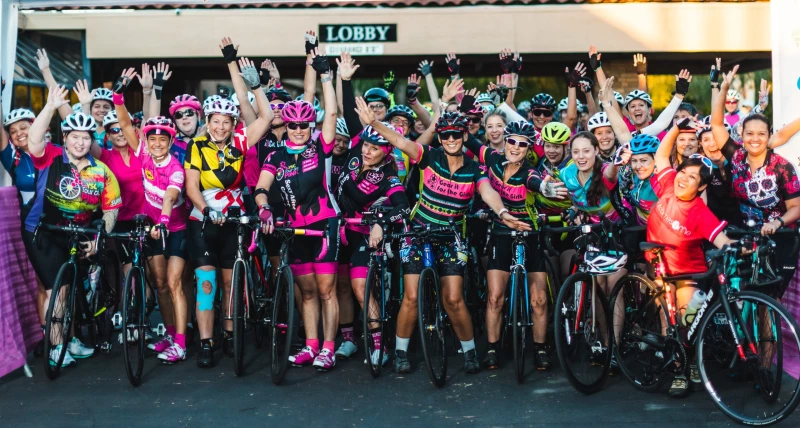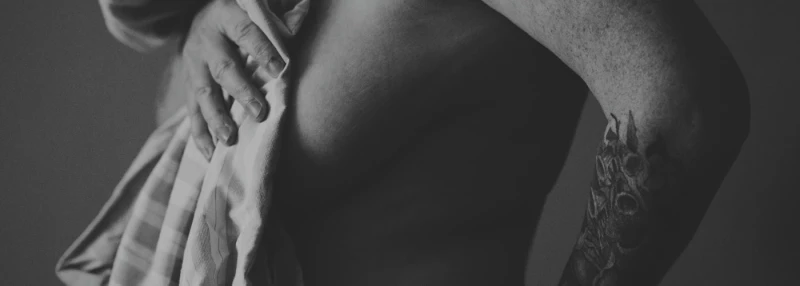 Although you may not have heard it on the news, a piece of legislation important to young women generally and to young women diagnosed with breast cancer in particular was introduced last week. On July 24, Representatives Debbie Wasserman Schultz (D-FL) and Renee Ellmers (R-NC), along with Senators Amy Klobuchar (D-MN) and David Vitter (R-LA), introduced bills in the House (HR 5185) and Senate (S 2655) to reauthorize the Young Women’s Breast Health Education and Awareness Requires Learning Young Act of 2009, known as the EARLY Act.
Although you may not have heard it on the news, a piece of legislation important to young women generally and to young women diagnosed with breast cancer in particular was introduced last week. On July 24, Representatives Debbie Wasserman Schultz (D-FL) and Renee Ellmers (R-NC), along with Senators Amy Klobuchar (D-MN) and David Vitter (R-LA), introduced bills in the House (HR 5185) and Senate (S 2655) to reauthorize the Young Women’s Breast Health Education and Awareness Requires Learning Young Act of 2009, known as the EARLY Act.
The EARLY Act
The EARLY Act is a unique piece of legislation which was initially introduced in 2009. For the first time in legislative history, the needs and issues of young women diagnosed with breast cancer were recognized. It became law in 2010 and, acting through the U.S. Centers for Disease and Control Prevention (CDC), created an education and outreach campaign to young women and their health care providers about breast cancer risk. In the four years since its passage, the EARLY Act has allowed the CDC to identify gaps in education among young women and health care providers, provide grants to breast cancer organizations that assist young women, and create campaigns to raise awareness that a woman can be diagnosed with breast cancer at any age. A joint statement from 2009 provides more details on the background of the legislation, its importance and need.
The 2009 EARLY Act legislation called for its programs to run from 2010 through the end of 2014. In order to continue this important work, Congress must pass legislation reauthorizing the EARLY Act. The reauthorization legislation introduced last week would renew the EARLY Act in 2015 and continue its programs through 2019.
Why is the EARLY Act important?
A unique and important aspect of the EARLY Act is its provision to provide education and information to healthcare providers about the risk of breast cancer in young women. How many of us were told by healthcare providers that we were “too young” to be diagnosed with breast cancer? For how many young women did this “you’re too young” sentiment result in a delayed, sometimes very delayed, diagnosis? The EARLY Act attempts to overcome this gap in physician knowledge by educating them that breast cancer is a disease with no age restrictions. It also educates young women and the public about the possibility of breast cancer in young women.
In addition, this legislation recognizes that young women diagnosed with breast cancer have issues and concerns that are different from their older counterparts. It provided funding for organizations to provide support services to meet their unique needs.
What’s Next?
The EARLY Act Reauthorization Bill has been sent to its respective committees, the Energy and Commerce Committee on the House side and the Health, Education, Labor and Pensions Committee on the Senate side. Since this Bill is a reauthorization of an existing successful program and requires no new funding, the hope is that Congress will pass it easily and quickly. We encourage you to contact your Representative and Senators and encourage them to co-sponsor and support this legislation.
In a recent press release, YSC, along with Susan G. Komen and Living Beyond Breast Cancer, applauded the introduction of the EARLY Act Reauthorization bill. YSC is especially appreciative of the members of Congress who recognize the unique issues that young women with breast cancer face and believe strongly in the need for public education about the reality of the disease. We thank them for their support, dedication, and efforts on behalf of young women diagnosed with breast cancer.



